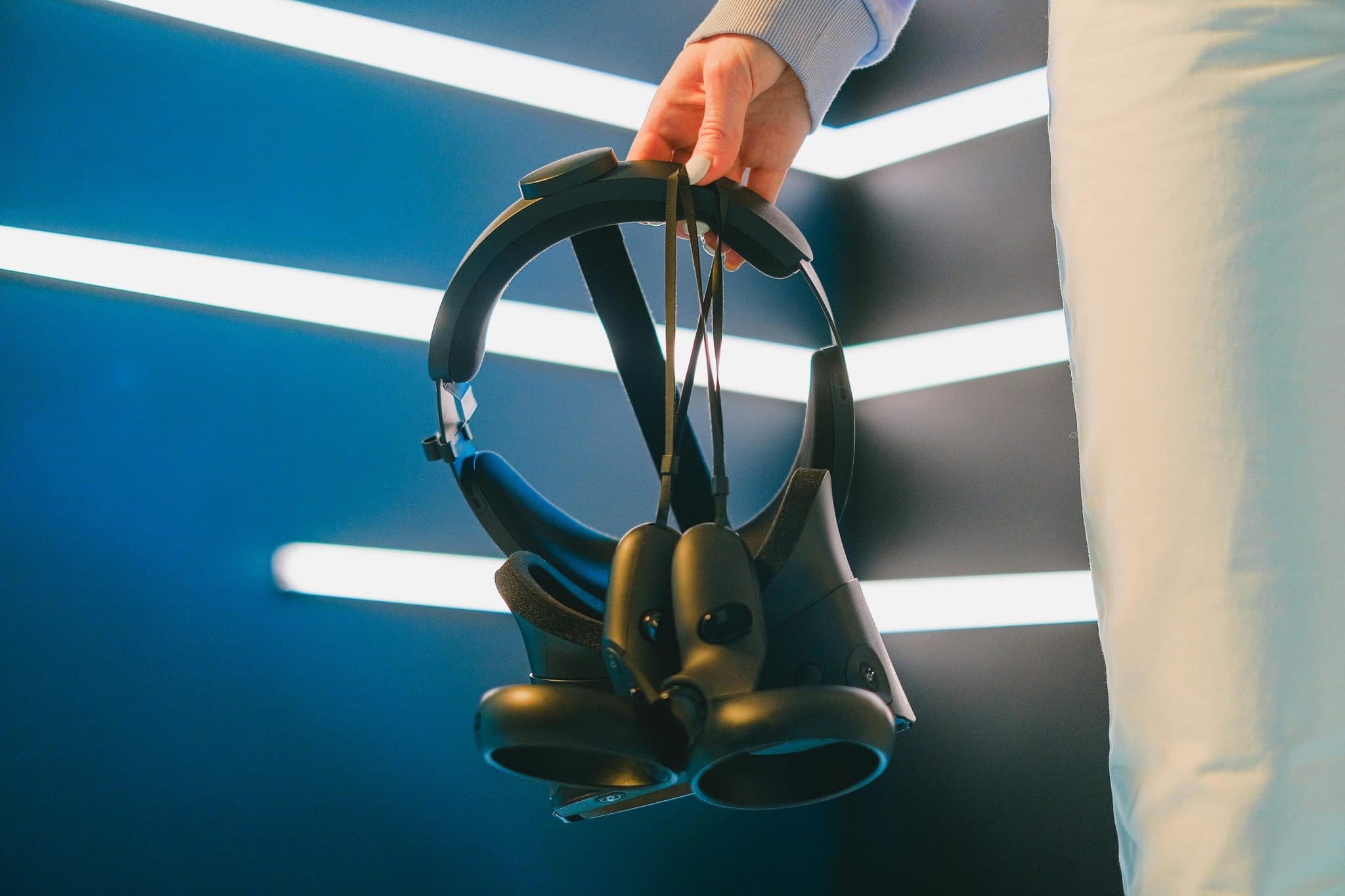Future Trends How Retail Spaces Will Evolve
The retail industry is constantly evolving and adapting to changes in consumer behavior, technology advancements, and global events. With the rise of online shopping, traditional retail stores are facing new challenges and are forced to innovate and provide unique experiences to attract customers. As we look towards the future, it is important to understand the upcoming trends that will shape the retail landscape. In this article, we will explore some of the future trends of how retail spaces will evolve.
Technology Integration
Technology is playing a significant role in the retail industry and will continue to do so in the future. With the increasing popularity of online shopping, brick and mortar stores are under pressure to keep up with the convenience and efficiency of e-commerce platforms. Retail spaces are expected to become more digitally integrated, providing customers with an omnichannel experience. This means that customers will be able to seamlessly switch between shopping online and in-store, with the use of technology such as mobile applications, virtual and augmented reality, and smart mirrors.
Personalization
One of the biggest trends in retail is personalization. Customers now expect a more personalized shopping experience, and retailers are finding ways to cater to their individual needs and preferences. In the future, retail spaces will use advanced technologies such as artificial intelligence and machine learning to gather and analyze customer data, providing personalized product recommendations and promotions. This will not only enhance the overall shopping experience but also increase customer loyalty and retention.
Experiential Retail
The traditional retail model of a simple transaction between a customer and a store is evolving. Retail spaces are now becoming more experiential, offering customers an immersive and unique experience that cannot be replicated online. In the future, we can expect to see more interactive and engaging retail spaces, with features such as in-store events, demonstrations, and workshops. These experiences will not only attract customers but also create lasting memories and increase brand awareness.
Sustainable Practices
As consumers become more environmentally conscious, they are demanding that retailers take responsibility for their impact on the environment. In the future, we will see a rise in sustainable retail spaces with a focus on eco-friendly practices. This can include the use of renewable energy sources, reduced waste and packaging, and implementing sustainable supply chain practices. Retailers that embrace these initiatives will not only appeal to environmentally conscious customers but will also save on costs and improve their brand image.
Virtual and Pop-Up Stores
The rise of e-commerce has led to the decline of traditional retail stores, but it has also paved the way for new retail models. One of these models is virtual stores, where customers can browse and purchase products in a virtual environment, without the physical presence of a brick and mortar store. This trend is expected to continue in the future, providing customers with a convenient and unique shopping experience. Additionally, we can also expect to see more pop-up stores, offering limited-time deals and products, creating a sense of urgency and exclusivity for customers.
Conclusion
The retail industry is constantly evolving, and the future holds many exciting changes for retail spaces. From technology integration and personalization to experiential retail and sustainable practices, there are countless opportunities for retailers to innovate and provide unique experiences for customers. By keeping up with these future trends, retailers can stay competitive and provide customers with the best shopping experience possible.










